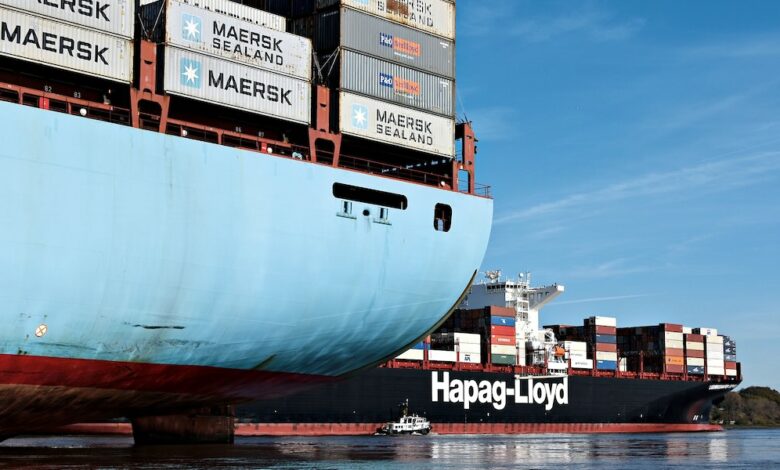Alliances: the blatant cartel?

At a time where global alliances are in flux, Alison Cusack, a lawyer from Melbourne-based Cusack & Co, weighs in.
The frustration many have with alliances (consortiums etc) is that the market power seems overwhelming at the disadvantage of the humble consumer.
How can you shop around for different carriers when the top 10 are all in bed with each other one way or another? Your container is contracted with carrier #1, but carried on the vessel operated by carrier #2. You can be penalised one ship to the next, with variances in DG request cut off times and exemptions from the ops team.
Understand your rights
And yet, in the cold contractual light of day, there is a myriad of layers of complexity to these alliances.
My go to phrase is ‘you can’t cartel alone’.
Is the frustration with the carriers operating within the legal framework of various countries policy or the lack of enforcement?
A trade route that transits Australia to the US (via other ports) has to, at minimum comply with Part X (Competition and Consumer Act 2010 (Cth)) and the FMC regulations.
This can be, but often isn’t, the same document lodged with each regulatory compliance framework. Lawyers will often say, one document cannot do all things.
Except, consortia documents have to outline (at a minimum):
- Operational capacity
- Minimum vessel size (and owners merit allocation)
- Routing
- Legal framework for slot cross charterparty
- Ability to sell excess slots to the market
- Route loading policy in respect of cargo volumes, (DG maximums)
- Timeframes for catch up in the event of delays
- Stevedore windows
- Compliance with every country called.
- Finance
- Joint vessels
One (very long) document has to be legally valid in multiple countries, including the right for competitors to be in a room to even start the discussions.
For small markets who want dedicated weekly services to access the international sector (such as Australia), alliances are the answer. Imperfect, but an answer none the less.
The real crux of frustration, from the sidelines of a lawyer in the industry, appears to be the enforcement by relevant authorities. This comes down to two main issues, a lack of education from the industry to the market about what they are legally allowed to do, and a lack of education by the regulators as to what they are doing, and what is simply outside their remit.
A regulator’s legal jurisdiction is clearly outlined by its domestic underpinning legislation. I have spent time again and again explaining that you can’t get mad a regulator for not doing something when it’s simply not their job.
Various government’s sea blindness is also a large factor. It’s easy to see this in action when a terminal operator being shut down due to a cyber attack is referenced by the mainstream news and the relevant minister as being a “port shutdown”.
So what to do with this frustration?
Simply? Understand your rights.
Consortia agreements are, in some countries, available for a small administrative fee.
Every trade with two or more competitors that calls Australia is available from the Australian government upon request and payment of fee.
I am yet to see any major complaint of consortia’s actually pull the available data to review the agreement and work out if the performance is below contractually agreed levels.
In Australia, there is a requirement for the contract to include “Minimum Levels of Service”. Unless it’s been omitted via a Form 3 confidentiality application, those MLS are publicly available to compare the performance of the service against the government approved levels.
If regulators want to win back confidence, they could start publishing performance data (not dissimilar to public transport performance levels) and where it drops below, announce an investigation. There are pre-approved reasons for dropping below levels, however, this is a question of public confidence in the free hand of the market dispensed by the appropriate regulators.
As the law says, justice must not only be done, but seen to be done.
Maybe shipping should adopt a similar approach when it comes to cartels.
